Latino/a/x Books Month celebrates Latino/a/x authors and illustrators, books that highlight Latino/a/x culture and Latin American identity, and promotes literacy. Let’s dig in with some of our newest and well-loved publications!
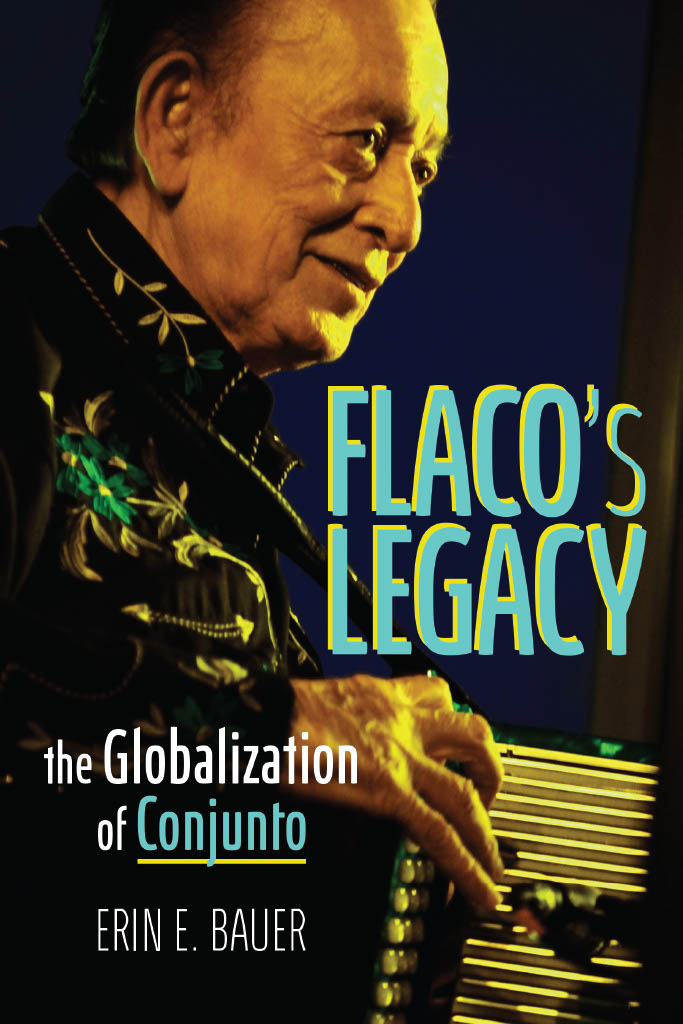
Flaco’s Legacy: The Globalization of Conjunto
Erin E. Bauer
A rare look at a fascinating musical phenomenon, Flaco’s Legacy reveals how conjunto came to encompass new people, places, and styles.
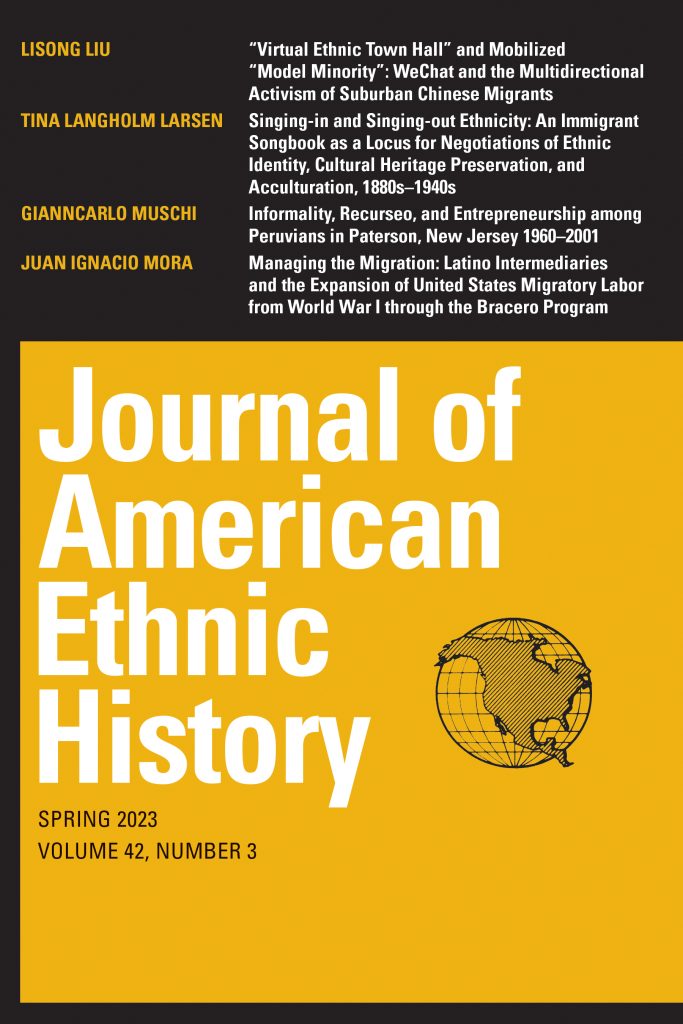
Journal of American Ethnic History
“Teaching Migration, Race, and Place: A U.S. Latino Historian’s Perspective” By Adrian Burgos Jr.
University of Illinois Professor Adrian Burgos discusses several strategies for teaching about race, influenced by his experience as a Latino scholar and adopted from ideas generated in conversations about teaching with colleagues and through trial and error in the classroom. He cites examples from his undergraduate course “Caribbean Latino Migrations,” which draws the broadest cross section of students off all the courses he teaches involving immigration history, race, and ethnicity.
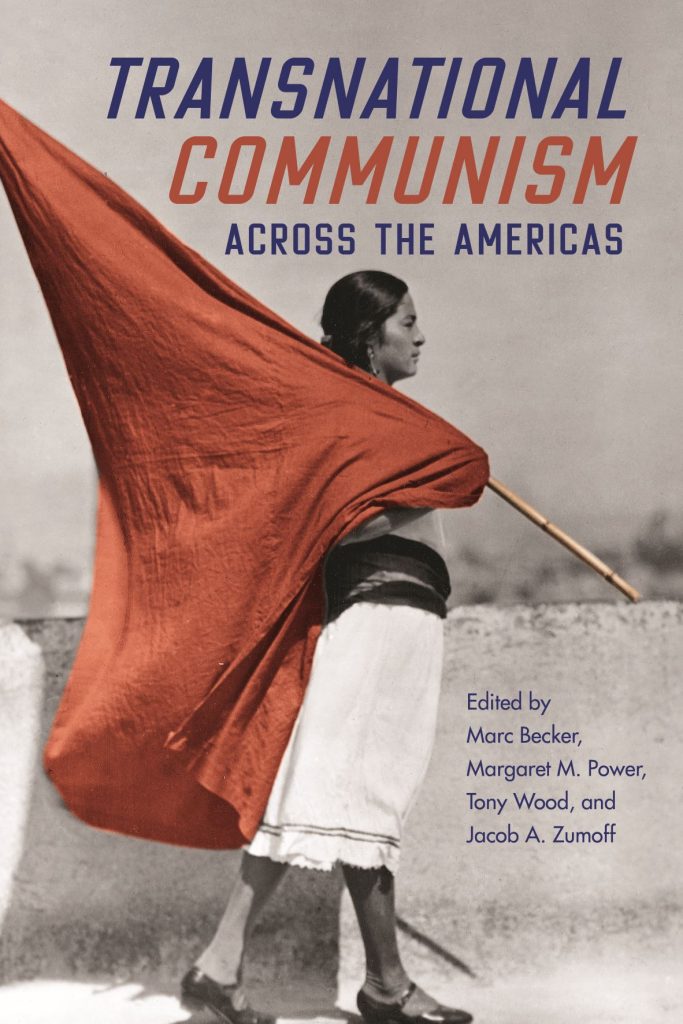
Transnational Communism across the Americas
Edited by Marc Becker, Margaret Power, Tony Wood, and Jacob A. Zumoff
Transnational Communism across the Americas offers an innovative approach to the study of Latin American communism.
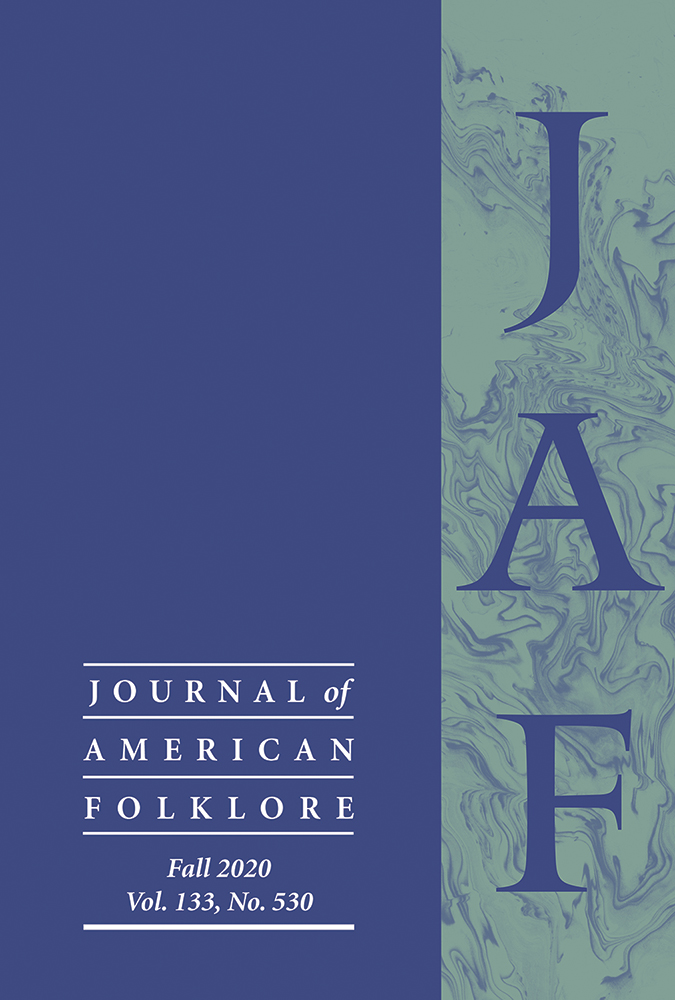
“Latinx Publics: Self-Documentation and Latina Youth Activists” by Rachel González-Martin
This article engages with the complex narrative of American folklore studies through a lens of Critical Latinx Folkloristics developed in and from folklore and critical ethnic studies in Latinx communities residing in the United States. The rhetorical developments endeavor to append the vocabulary of American folkloristics to consider a shift away from romantic notions of maintaining communities toward a critical understanding of the intersectional experiences of constructed publics.
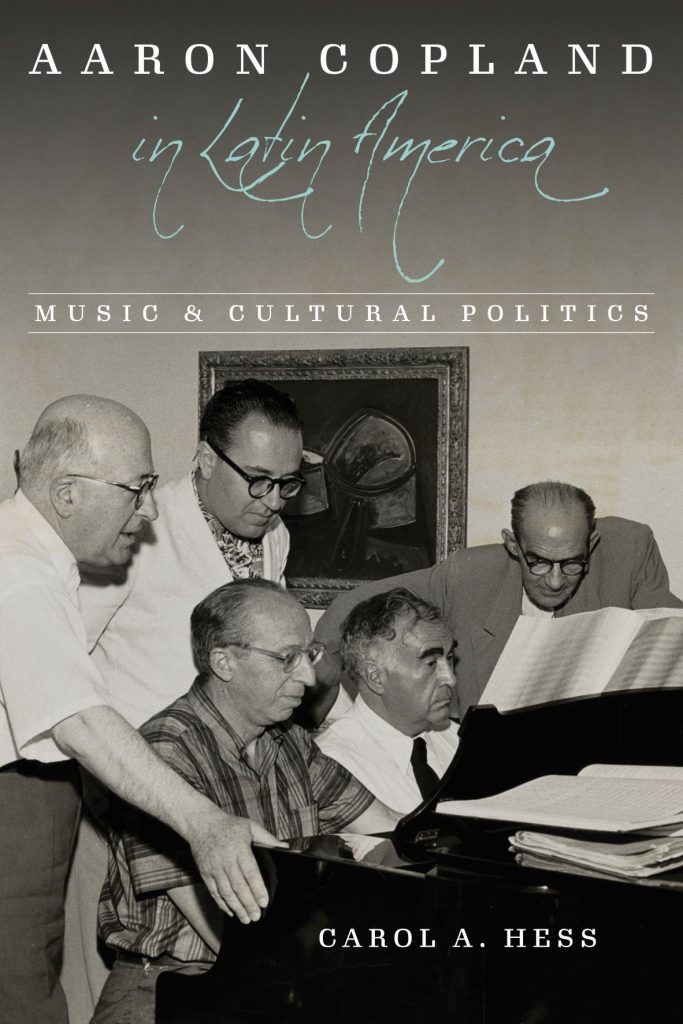
Aaron Copland in Latin America: Music and Cultural Politics
Carol A. Hess
Between 1941 and 1963, Aaron Copland made four government-sponsored tours of Latin America that drew extensive attention at home and abroad.
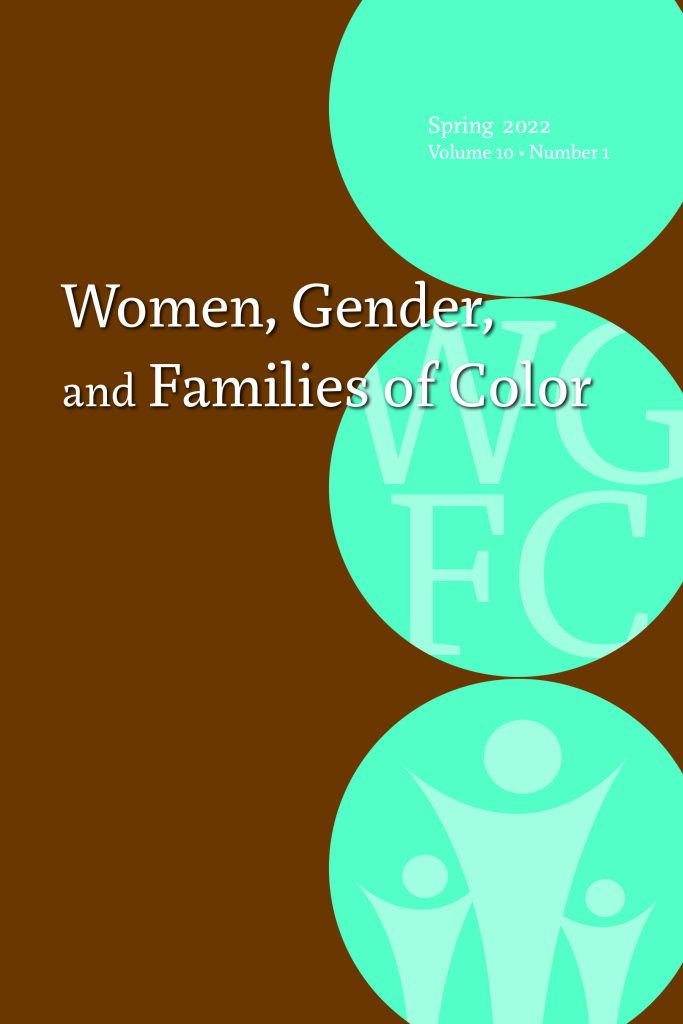
Women, Gender, and Families of Color
Latinas are influenced by intersectional narratives of gender, race, and class, which can be further complicated in the face of aging. Midlife presents an opportunity to challenge cultural and political narratives that constrain women’s sexuality and sexual identity, and, in turn, affect their well-being. Through psychotherapy case vignettes, this paper examines the ways in which some Latinas may deconstruct dominant narratives about sexuality and create alternative or preferred stories that provide healing legacies for future generations.
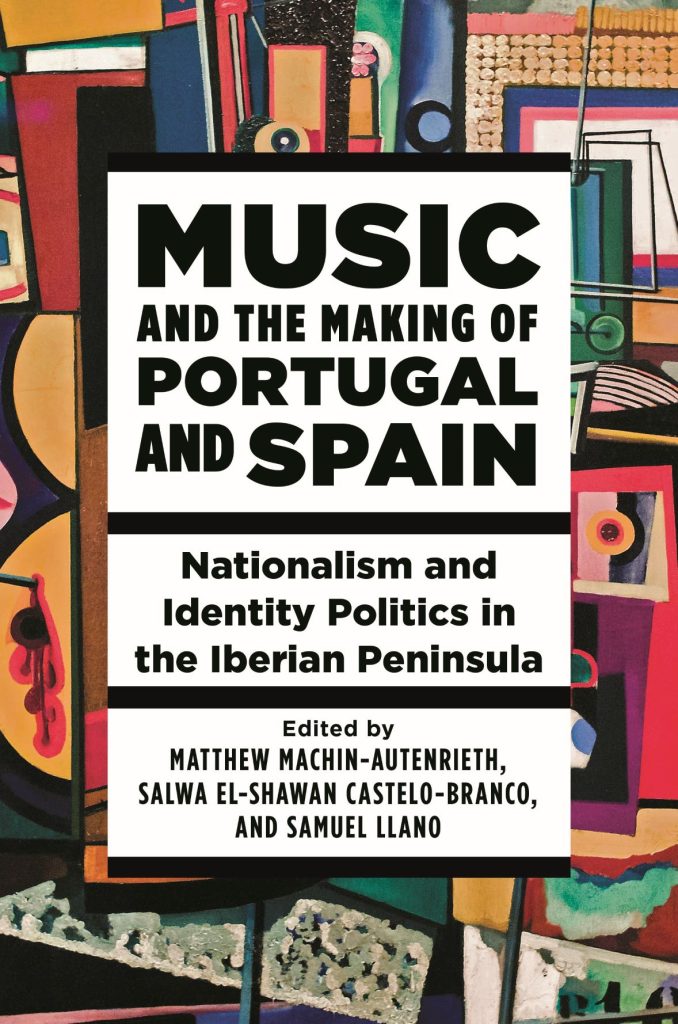
Edited by Matthew Machin-Autenrieth, Salwa el-Shawan Castelo-Branco, and Samuel Llano
What does music in Portugal and Spain reveal about the relationship between national and regional identity building? How do various actors use music to advance nationalism? How have state and international heritage regimes contributed to nationalist and regionalist projects? In this collection, contributors explore these and other essential questions from a range of interdisciplinary vantage points.
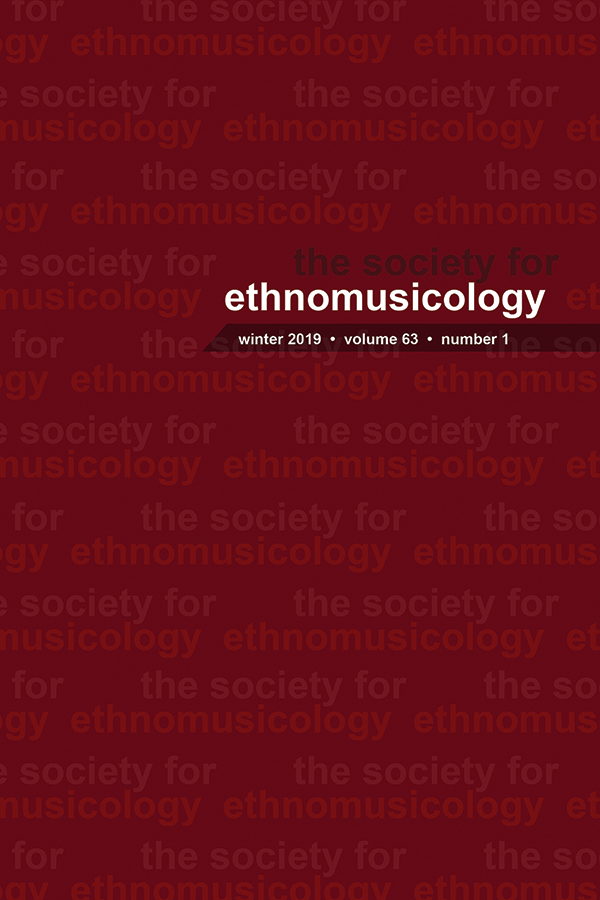
“‘Timbeando en Nueva York’: Cuban Timba Takes Root Abroad” by Sarah Town
Timba came of age during Cuba’s 1990s economic crisis and soon traveled farther afield. In New York City today, diverse musicians reproduce, experiment with, and transform its sound with cover songs, new compositions, and reconfigured formats. This article examines three musical examples in an ethnographic context.
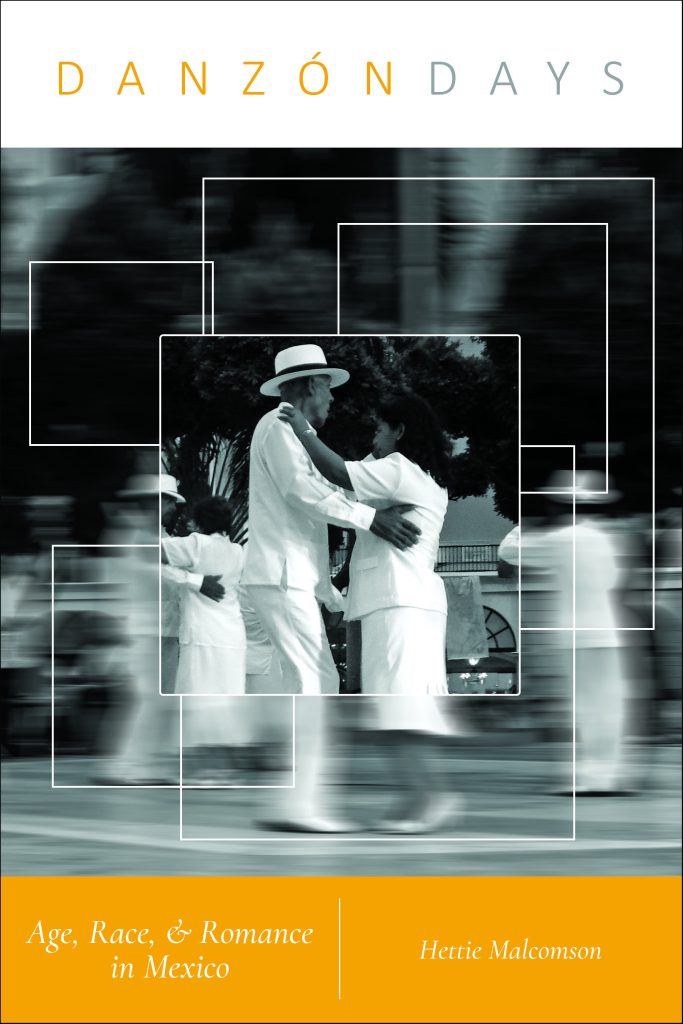
Danzon Days: Age, Race, and Romance in Mexico
Hettie Malcomson
Fine-grained and evocative, Danzon Days journeys to one of the genre’s essential cities to provide new perspectives on aging and romance and new explorations of nostalgia and ambivalence.
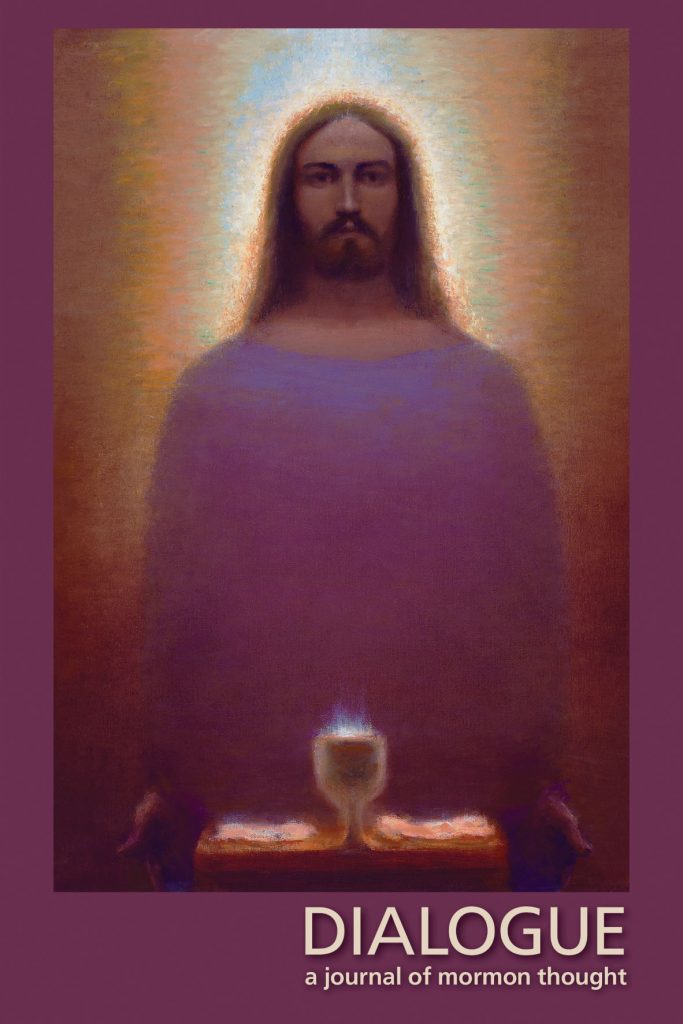
Dialogue: A Journal of Mormon Thought
As a Latino Latter-day Saint, a Mormon bishop, a critic of some aspects of institutionalized Mormonism, an activist and a scholar, Garcia reflects on his place in the modern church and Mormonism as a person of color in a “larger theologically white whole.” He discusses the complications and contradictions of Mormon theology, his relationship to the faith he holds, and his suggestions to improve LDS for people of color.
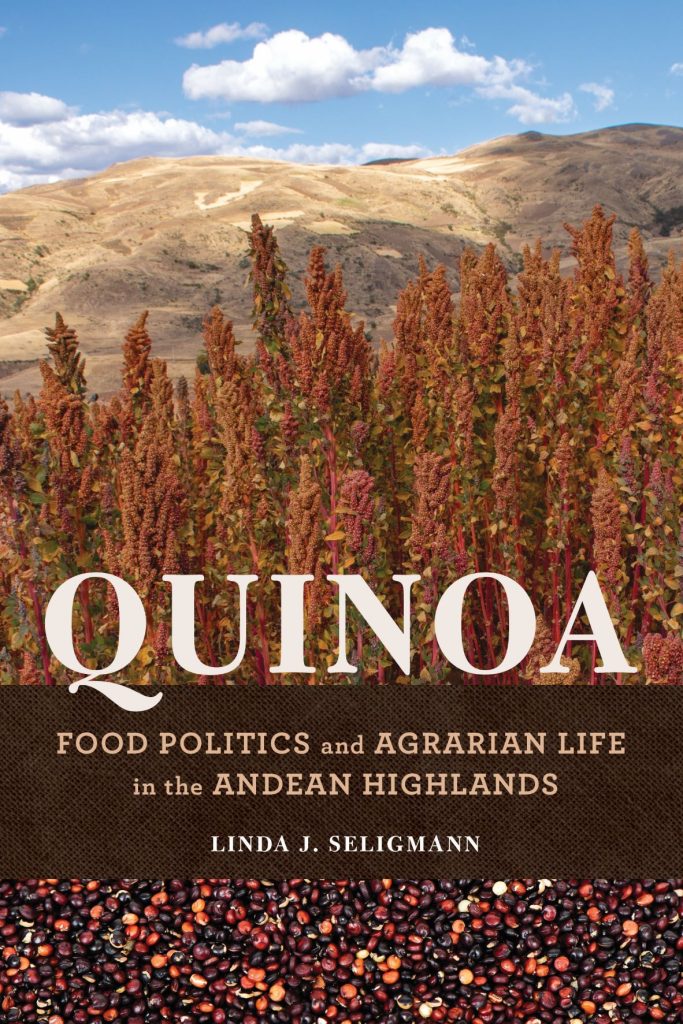
Quinoa: Food Politics and Agrarian Life in the Andean Highlands
Linda J. Seligmann
The untold story behind the popular health food, Quinoa illuminates how Indigenous communities have engaged with the politics and policies surrounding their production of a traditional and minor crop that became a global foodstuff.
